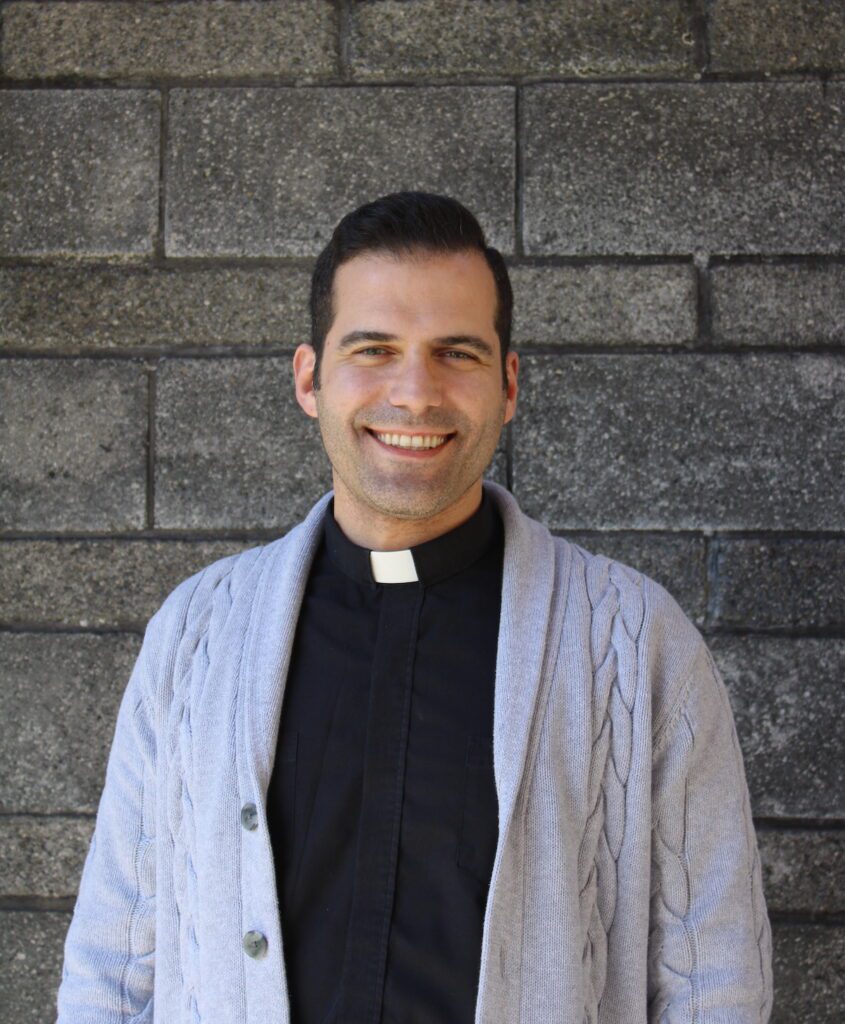Reflection on the Readings

The Blind Men and the Elephant is a well-known ancient parable (Blind Men and the Elephant – A Poem by John Godfrey Saxe).
It begins:
It was six men of Indostan,
To learning much inclined,
Who went to see the Elephant
(Though all of them were blind),
That each by observation
Might satisfy his mind.
In this famous parable, each of the six blind men grasp a different part of an elephant’s body, and in doing so make claims regarding its individual parts. Each grasped a part of the “truth” of the elephant but missed the “whole.” The poem ends thus:
And so these men of Indostan
Disputed loud and long,
Each in his own opinion
Exceeding stiff and strong,
Though each was partly in the right,
And all were in the wrong!
This parable is used today by many skeptics as a warning for people who promote absolute truth or exclusive religious claims. They claim that, at best, we have only limited access to truth and thus cannot make absolutely true claims about God and religion.
In the Gospel, the Apostles’ responses to Jesus’ question of “who people say that I am?” seems to prove this point…that each fumble about in their responses. But if we take a closer look at the parable of the Blind Men and Elephant, doesn’t the parable also point to something bigger – the Elephant!?
Indeed, each blind man has a limited perspective of the elephant, but that doesn’t mean the elephant isn’t real. And if we continue to press this point further we’ll see that just because we have limited access to Truth, that doesn’t mean any and all versions of Truth are equally valid…and I believe this is a point Jesus drives home.
Friends, today we come face-to-face with what it means to be Christian. Our religion is a religion whose mission throughout history has been to declare to the world that Jesus Christ is Lord, the Son of God! Jesus emphatically says, “if you want to know what God the Father is like then look at me.”
This is such a unique and powerful claim…no other religion makes such a claim: Buddha said he wasn’t God and that others should follow his path to enlightenment. Muhammed said he was the prophet and to follow the book, the Koran.
But Jesus said, “Follow me…because whoever has seen me has seen the Father” (Jn 14:9). Friends, if Jesus is who he said he is, then what He taught and what He did takes on a whole new meaning and significance.
Hail Mary, Mother of God, pray for us sinners, now and at the hour of
our death. AMEN!
Quote of the Week
“Be a light wherever you stand and whenever you stand. . . Be an example of truth, kindness, and justice. Be a reflection of the Savior.”

